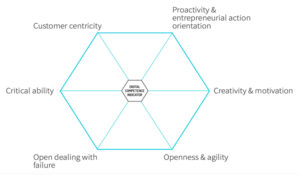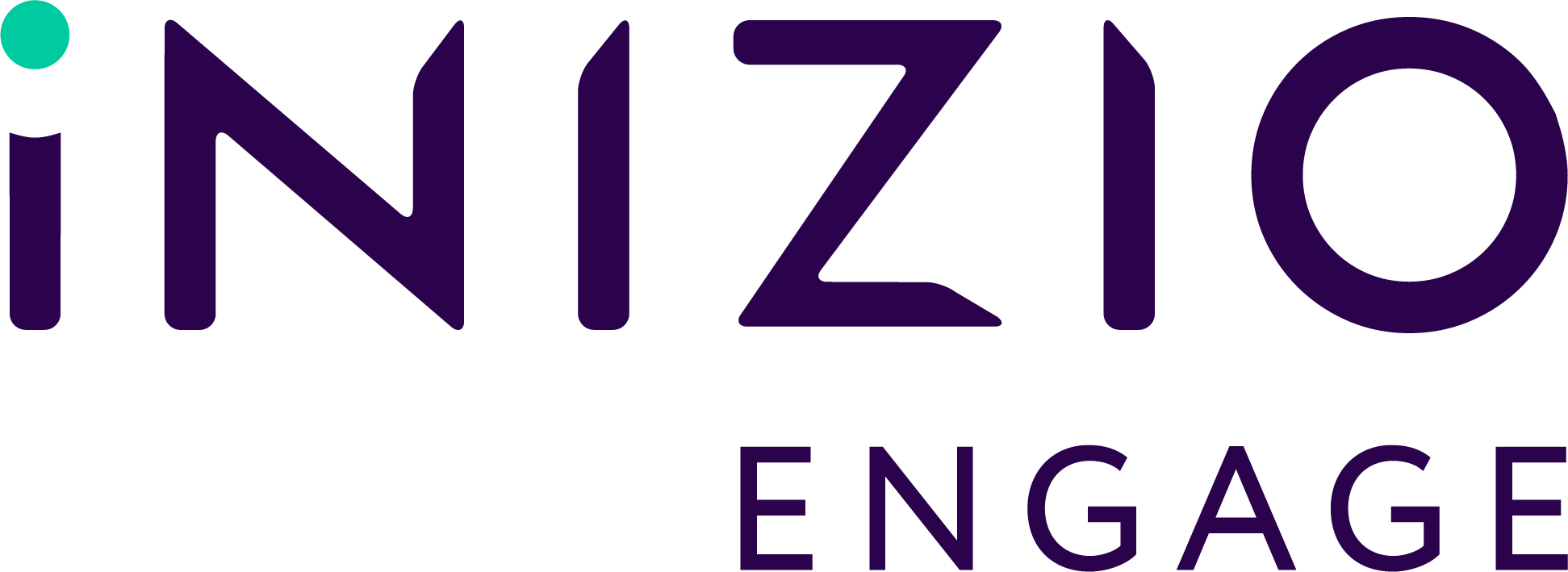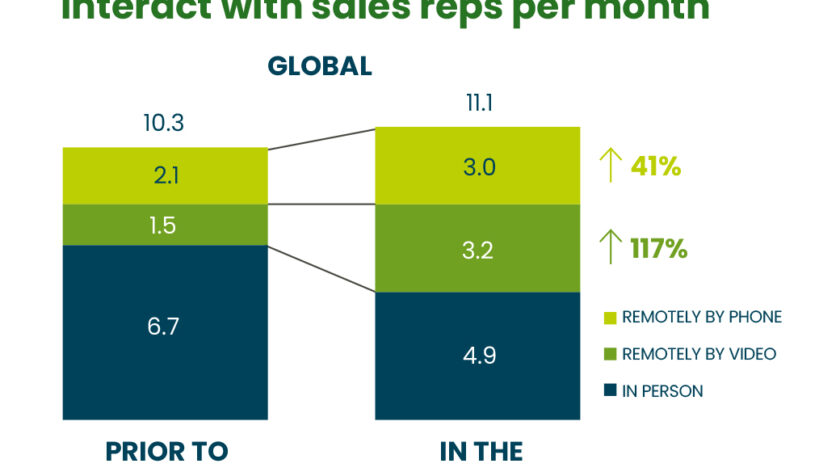Why use a strategic partner for sales rep recruitment and training?
Please note, this article contains references to Ashfield Engage which has now become Inizio Engage
The COVID pandemic has transformed the way pharma sales reps engage with healthcare professionals (HCPs). The boundaries between field and remote sales reps have blurred and today we’re seeing the emergence of a more agile and versatile hybrid sales team.
But with this shift comes new challenges for recruitment and training – challenges that an experienced strategic engagement partner would be well positioned to help you overcome.
To be successful today, reps not only need to be innovative, creative, flexible, and have strong business acumen, but they also need to be digitally focused and technologically proficient. Reps have to understand how and when to use different channels, and how to leverage data to drive better customer experiences and commercial growth.
With these enhanced capabilities and skillsets, the role of the rep is becoming deeper and more valuable – with organizations finding it harder to attract the right candidates. For many pharma companies, there’s an urgent need to rethink how they identify, recruit, and train talent to compete in a healthcare landscape transformed by COVID.
Recruitment
The profile of the rep has changed significantly since the beginning of COVID, as HCP access and engagement becomes more difficult, diverse, and digitally focused. According to research by Sermo1, the number of sales rep interactions with HCPs is increasing, and will rise to just above pre-COVID levels in the future, but the channel mix has changed. Indeed, HCPs believe remote interactions will continue to play a significant part of the sales communications mix, with double the number of video calls compared to before the pandemic.
You can teach skill, but it’s more challenging to teach will
“Recruitment is changing from a transactional process to an added-value one, with strategic engagement companies like Ashfield Engage leading that change,” says Danielle Burrows, Head of the UK Commercial Contact Centre, Ashfield Engage. “Although the candidate profile is evolving, we believe you can teach skill, but it’s more challenging to teach will. Through AI screening and robust interview processes, we’re able to accurately identify candidates who have the right will and mindset to succeed, then provide the training they need to develop a rounded skillset.”
Her colleague, Kim Humes, Associate Director Human Resources, Canada, adds:
“We’re in the business of people, so we have an established and thorough recruitment process to spot potential top-performing candidates- as well as any possible red flags- early on. We want to ensure we hire the right candidates, the first time, every time.”
One of the many strengths of a strategic engagement partner is that they’re likely to have large, well-established recruitment networks and candidate databases, as well as AI-enhanced software to identify a diverse range of candidates and set up large-scale teams with speed. A key part of this is the use of chatbots to automatically assess candidates’ digital skills, as well as filter talent and deliver efficiencies.
Tried-and-tested assessment techniques
AI is an important part of the first stages of the hiring process, as it removes any unconscious biases during selection and ensures talent is chosen on education, skills and merit. This helps to build the diverse and inclusive teams that are proven to perform.
After the early selection process, Ashfield Engage chooses from a large pool of tried-and-tested assessment techniques – including psychometric testing that helps identify potential high performers. During this process, recruitment often works hand-in-hand with the operations function to ensure a joined-up approach to hiring and training, which ultimately results in higher engagement and retention levels.
Identifying a digital mindset
One tool used by Ashfield Engage in Germany to recruit the right people is a Digital Competence Indicator – a scientifically validated method for measuring a person’s ‘digital mindset’.
Joachim Hirt, Commercial Director, Germany, Ashfield Engage says: “The Digital Competence Indicator is a personality test to understand someone’s mindset as it relates to digitisation. It’s not about digital skills, such as programming abilities, or software knowledge, but rather about a candidate’s key characteristics in six mindset dimensions and their ability to execute assignments within these digital spaces.”

Training
In a survey of pharma industry professionals, GlobalData2 found that the “lack of specific skills and talents” was slowing down digital transformation in their organisation, and that technologies will “fail to add value if people do not know how to work with them”.
The COVID pandemic has accelerated the requirement for digital, but as many pharma companies have discovered over the past year, simply putting field reps in digital roles has yielded mixed results.
“Traditional pharma is struggling to pivot to this new model as, historically, digital sales would have been outsourced,” explains Danielle. “Agencies like ours have had established contact centres for a long time, so we’re used to training and developing our staff in remote interactions.”
“It’s not enough for pharma to just invest in the technology itself – they have to invest in the training that enables sales reps to understand and leverage the benefits of that technology.”
For example, in an environment where reps can no longer simply walk into a doctor’s office to get an appointment, how do they use technology to get past busy gatekeepers? As research by STEM Healthcare, an Inizio Advisory company, shows, sales teams do not rate highly the support they get from pharma companies in this area3.
And once they do get past gatekeepers, reps have to work that much harder over both phone and screen to build rapport, maintain the doctor’s interest, and set up future engagements
A strategic partner can roll out robust remote engagement programs that cover these techniques and best practices at scale, with speed and efficiency.
Rep training can focus on simple but effective ways to improve virtual call quality
“We’ve been mastering remote engagement over the past decade, and today we have the systems, strategies, and most of all the experience in place to train sales teams and ensure HCP interactions are meaningful across any channel,” Danielle adds.
Long-term employee development
As you’d expect, it’s not just about training reps, it’s also about giving managers the skills to support their teams and get the best out of their people. Ashfield Engage uses training technology that allows for live-call or retrospective listening, so that managers can shadow and evaluate the quality of calls, while reps can also immediately listen back and carry out self-assessments. And although pharma companies provide in-house product training, a strategic partner like Ashfield Engage brings that training to life by applying it to various communication channels and situations.
It’s important to remember, however, that quality training should go beyond providing skills in the moment – focusing on employee development paths and mentoring to keep engagement levels high and to boost retention.
Shannon Serrill, Senior Vice President, Human Resources, US, Ashfield Engage, concludes:
“Whether you’re a small company that doesn’t have recruitment and training resources, or a larger organization that lacks the expertise to recruit in this new environment, partnering with a strategic engagement organisation, with its vast tools, strategies and experiences, can ensure you have the skilled hybrid teams you need drive your brand’s success.”
1. Sermo HCP Sentiment Series Part 5, December 2020, http://www.sermo.com/hcp-sentiment-study-series
2. GlobalData, The State of the Biopharmaceutical Industry, 2021 Edition, January 2021. http://www.globaldata.com
3. STEM Healthcare Ltd Benchmark Database 2021, stem.stginizomast.wpengine.com

plus d'informations
Jump to a slide with the slide dots.
 Greg Draper
Greg Draper
Data drives strategy, but people drive impact: The power of experience in HCP engagement
To thrive in this evolving landscape, companies must reimagine their engagement models, integrating advanced technology and omnichannel strategies.
Read more Keith Buckby
Keith Buckby
Maximize agility, minimize risk: The benefits of outsourcing to a contract sales organization
Navigate the UK’s complex pharma landscape with confidence. Partner with an expert in commercialisation and patient solutions to accelerate success.
Read moreSustainable exhibition design with Enviroplan
EnviroPlan delivers award-winning, low-waste exhibition solutions that cut costs and emissions without compromising creativity or impact.
Read more
